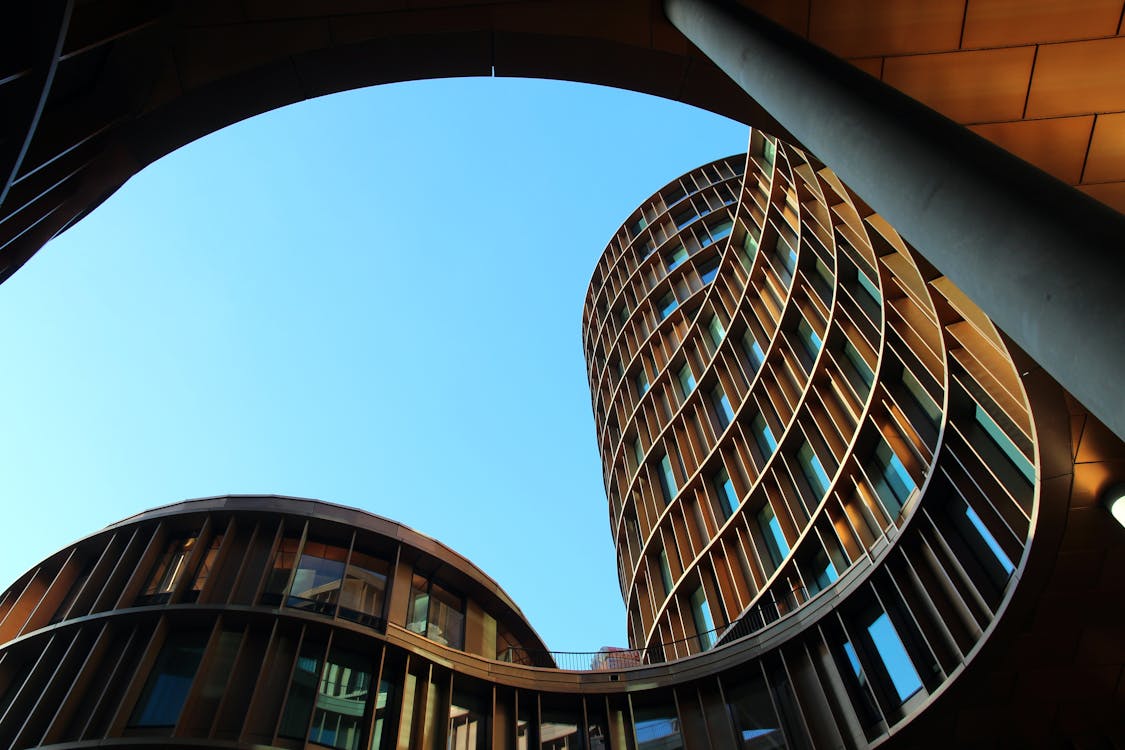According to the findings of the current Realometer, published by Real I.S. AG this year offers some opportunities and unique possibilities for real estate market entry.
Demand surplus and short supply are continuing to drive rental prices for residential properties. Rents in the logistics segment also continue to increase, while the structural change in retailing is well underway.
There is a window of opportunity for core office real estate, particularly in Germany, Benelux, France and UK, this year. For existing buildings, the key opportunities continue to lie in energy optimisation and the development of flexible spaces for contemporary use.
“The investment market remains in a state of paralysis and uncertainty, which began with the interest rate increases. However, there are a number of reasons to believe that property investments will prove particularly rewarding in the coming months,” said Sven Scherbetitsch, Director Research and Investment Strategy at Real I.S. AG. Property returns are expected to peak in 2024, marking the end of the price correction. “What is important currently is to be realistic in assessing risks and to buy at a discount while transaction volumes are low in order to secure future returns.”
In most markets, the increase in supply is minimal, with market rents expected to rise in the coming years. The analysis by usage type shows the following opportunities in Europe:
Office
Continuing growth in rents for core office real estate is anticipated for Germany, Benelux, France, and UK. With net prime yields of 5.5 % and a vacancy rate of around 8 %, Rotterdam in particular ranks among the best office locations.
Retail
The structural change in the sector is well underway. Rents are expected to bottom out and turn around in 2024. Stable revenues are presumed to continue for convenience stores, community centres, and retail parks with grocery retailers as anchor tenants.
Residential
Demand surplus and short supply are driving rental prices. There is a strong demand for micro-apartments and furnished living space too. Promising markets are Dublin and big cities in Germany and Spain.
Logistics
A continued growth in rents of around 13% is expected until 2027. Although weak industrial output is currently having a dampening effect, demand for modern space remains high. Particularly attractive are logistics hubs in the Netherlands, Germany, and Spain.
Hospitality
Hospitality markets further stabilised in 2023. The recovery is well underway. In the coming years, the outlook is positive concerning increasing revenue per available room.

On a macro level, the general conditions in the Nordic countries (Denmark, Sweden, Finland) as well as in the Netherlands and Luxembourg are very attractive at present in terms of economic dynamics and risk profile. Although the economy remains weak, the situation in 12 out of 20 countries examined has improved in comparison with 2023 – so they show a certain level of resilience. Concerning sustainability criteria, France lost some momentum, and Austria achieved a better rating.
“Generally ESG aspects are becoming increasingly important and are often decisive for the new core. Major prerequisites for long-term investment success are ESG-assessed investments, a constantly high occupancy rate and excellent pan-European market access,” explains Sven Scherbetitsch.
The full report can be found here.
Image source - Pexels.















